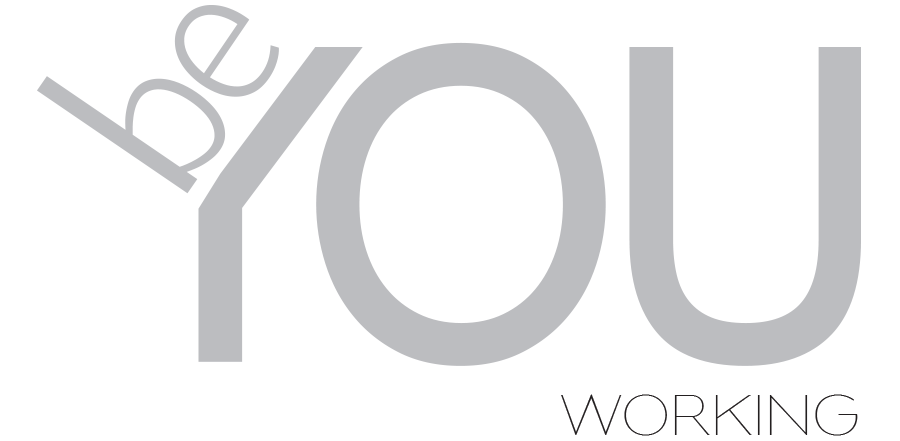
Do you find yourself overwhelmed by the stresses of being the parent of a child actor or a child in a performance based industry?
Parents unknowingly influence their child’s mind by the expression of their own thoughts and behaviors. It is critical that parents mind their emotional health so as to better parent the emotional well-being of their children. Children’s early influencers are their parents. The child’s mind is like a sponge, soaking in what is around them without much of a filter. They begin to form associations to how they feel about things as well as belief systems. This life script is stored in the subconscious mind and directly links to the perspectives the child handles life with as an adult.
It is understandable if you are overwhelmed because the performer’s industry may put you in a constant state of fight or flight, adoration and rejection, feeling like a good parent one day and being disappointed the next day. There are triggers to stress, competition, quick turn-around times, meeting agent/manager expectations and maintaining social media presence, all of which can hinder your ability to parent well while being in the moment.
Be gentle with yourself. You are doing the best you can with how you know best to handle this. Tend to your self-care because the investment in yourself is a seed in the emotional well-being of your child.
4 Ways To Get On Your Path to Emotional Well-Being
Schedule ‘Me Time’
Calendar day(s) and time-frames for you to relish in the things that nurture your spirit. Parent Sally Dodd says, “taking a drive to the beach where I can reflect on my personal goals and gratitude allows my mind to relax in an environment that brings me peace and creative inspiration.” Another parent commits to exercise early morning to release stress or anxiety from the body so that she is not easily triggered by what may go on around her on the way to a meeting, in an audition waiting room or on a set.
Identify what is Fact or Feeling
When you have worry or fear, stop it in its tracks and ask yourself, “is this a fact or is this a feeling?” Feelings are not facts. With repetition of this practice, you will increase your emotional intelligence and begin to automatically have a healthier thinking process that weighs logic and reason. For example, it may feel like other parents are trying to sabotage your child. Ask is this a fact or a feeling? Am I choosing to believe this so that it supports my feelings? Can I choose a healthier perspective instead?
Lead by Example
Adults can influence the thoughts and behaviors of other adults. Choose to do so operating from your areas of strength and not from weakness. This is an effective tool used in positive workplace cultures. Think of acting classes, audition spaces and TV or movie sets as your work-spaces. Any time you feel a negative thought or feeling, intercept it and choose the opposite expression of it. What strengths do you want your child to mirror by reflecting you?
Use your Downtime Productively
Savor any downtime while your child is coaching, auditioning, or on set to invest deposits into your own development. Are you drawn to writing a script or a blog in your area of life experience that can help others? Is there a book you want to read or an outline of a business idea you need to flesh out on paper? When you associate the “downtime” with productive “me time,” you will enjoy the journey alongside your child, while remembering you have your own life deserving of its own independent fulfillment.
Get in the driver’s seat of your emotional mastery. Just like driving, it becomes an automatic behavior the more you practice.
_____________________________________________________________________________________________
Jessica Morales will be speaking at the Looking Ahead Program in the fall of 2018, a supportive community to help young performers and their families thrive through the challenges of the industry. For a complete list of services visit www.lookingaheadprogram.org, provided through The Actors Fund. She also teaches workshops and offers private coaching. Article appeared in Backstage June 2018.

IG: @beyoubloom
Phone: 213-935-0061


